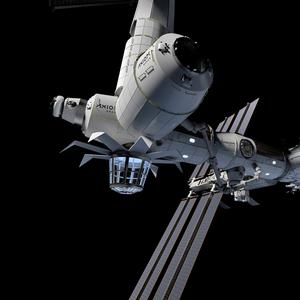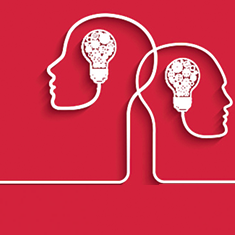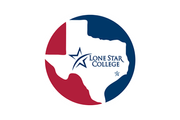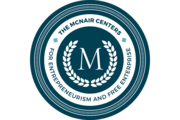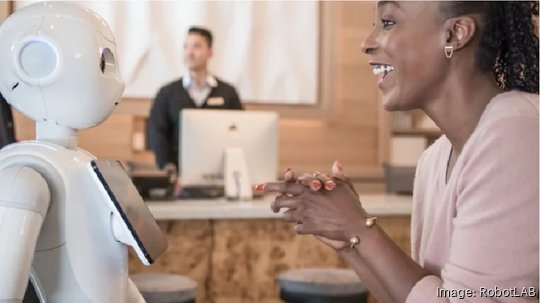
A robot repair workshop was a plot device in the 2005 animated film "Robots" — but in Houston, it’s now a reality.
Dallas-based RobotLAB announced its expansion to Houston this week, opening an office and showroom at Westchase Corporate Park off Beltway 8. Keith Edwards is the franchise owner and branch president of the Houston location, which is now open for business by appointment only.
Founded in 2007 by Elad Inbar, RobotLAB offers robots that can perform functions including cleaning, delivery and customer service. The company ranked No. 273 on the 2016 Inc. 5000 list of fastest-growing private companies in the U.S. with 1,429% revenue growth over two years. Inbar told the Houston Business Journal the company’s growth is coming as business owners are struggling to find low-income, entry-level labor, especially after Covid-19.
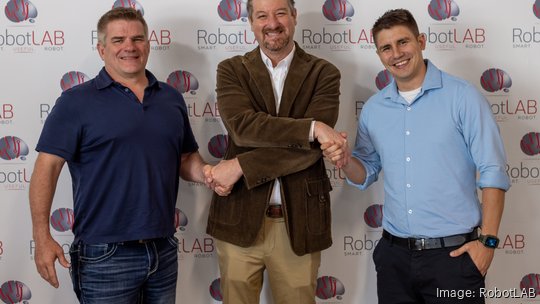
“In the past couple of years, the demand for automation just skyrocketed,” Inbar said. "No one wants to push a vacuum cleaner for eight hours or bus tables for low pay, but owners still need those tasks done. As demand for our products kept growing, we found that the franchise model works because it involves local businesses."
RobotLAB produces multiple different types of robots that can fill roles ranging from hospitality and janitorial roles to administrative and educational roles. Some, like the server model Cloi — priced at $40,000 on RobotLAB's website — resemble pillars with platters, while others, like the education-focused Nao model — $12,990 on the website — are more humanoid. Additionally, the company also sells service plans for its robots. Edwards said the typical process for interested businesses is to book an appointment at the showroom to evaluate what robots fit the company’s need and then provide an on-site demonstration.
"Normally, we call and talk to them, we learn about their business — what struggles they're having, what their needs are," Edwards said. "And then we schedule the on-site demo, and we bring the robots out — they get to see it working in their facility."
According to statistics provided by the Greater Houston Partnership, labor in Houston’s restaurant industry has recovered from the losses due to the Covid-19 pandemic, but the hotel industry has not. Additionally, in the 12 months from March 2023 to March 2024, restaurants, hotels, warehousing and administrative sectors all posted no job growth or job losses.
Since RobotLAB’s robots are industry-agnostic, any business that benefits from having access to services including but not limited to cleaning, delivery, administrative tasks and customer service could theoretically benefit. But a big driver in Houston is the hospitality industry.
"The big demand you're getting from everyone is cleaning robots," Inbar said. "According to brand standards, they need to clean corridors every single day, they need to clean bathrooms, reception areas, and so on. And they need to take staff from housekeeping, room cleaning to do this currently, and there's only so many hours in a day."
The company has partnerships with Hilton and Marriott, and while robots are not operating in local hotels, they could be soon, Inbar said. The HBJ reached out to Marriott and Hilton to confirm this information but did not receive a response prior to publication.
Edwards, a former U.S. Army veteran, met Inbar at a franchising conference, and the pair decided to go into business together. Currently, RobotLAB Houston's only employees are Edwards and his brother Will, but the team could scale up if demand requires.
Trends in labor, local robotics developments
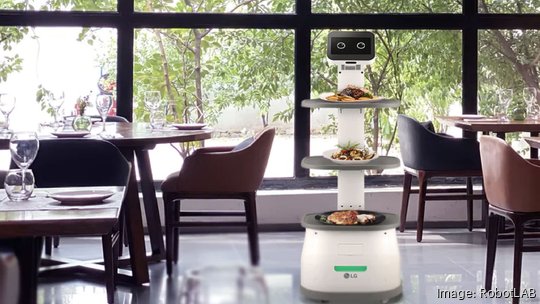
In 2022, the Bureau of Labor Statistics released a report projecting the impact of artificial intelligence and robotics on various sectors, while also incorporating other factors such as separate computer technology developments and offshoring. While some specific positions, such as radiologists, were considered to be at a high risk of being replaced because of the ability of AI to perform their specific tasks, the study found that a wide variety of jobs, from surgeons and lawyers to janitors and landscapers, are still projected to grow jobs through 2029, and these positions may be augmented rather than replaced by robotics.
Inbar said he is confident developments in AI will allow robot workers to overcome the flaws that led to previous false dawns for the technology in broader applications. As an example, AI now makes it possible for a robot to fully comprehend and carry out even a simple task such as “go over there and take out the trash.”
“Now the robot can understand the context of its actions,” Inbar said. “It knows what is ‘there’ and what is ‘trash’ and what is meant by ‘taking it out.’ I believe we are in the second or third decade of the robotics decade — when we start to see more penetration into industries.”
Following national trends in robotics and self-driving technology investments, Houston has emerged as a home for some subsectors adopting these technologies. Self-driving logistics and delivery has taken shape in the form of autonomous trucking, with Pittsburgh-based Aurora Innovation Inc. and California-based Kodiak Robotics opening Houston terminals to take driverless trucks on the I-45 corridor to Dallas.
The California-based startup Faction is also pioneering smaller three-wheeled vehicles to perform driverless food delivery, beginning with a pilot at the Chick-Fil-A on Kirby Street.
Meanwhile, Nicolaus Radford, who previously worked on robotics at NASA and was CEO of the aquatic robotics company Nauticus Robotics Inc. (Nasdaq: KITT), co-founded and is raising funding for a new startup this year to develop humanoid robotics. Persona AI is aiming to create robots for the automotive and manufacturing industries, but Radford said it’s possible to see more industries — such as health care — benefit from the technology.
“Automotive and warehousing are very public in their need [for workers],” Radford said in a previous interview with the HBJ. “Once we have something there, it will be easier to move into markets like the medical sector."
Sign up here for the Houston Business Journal’s free morning and afternoon daily newsletters to receive the latest business news impacting greater Houston.
